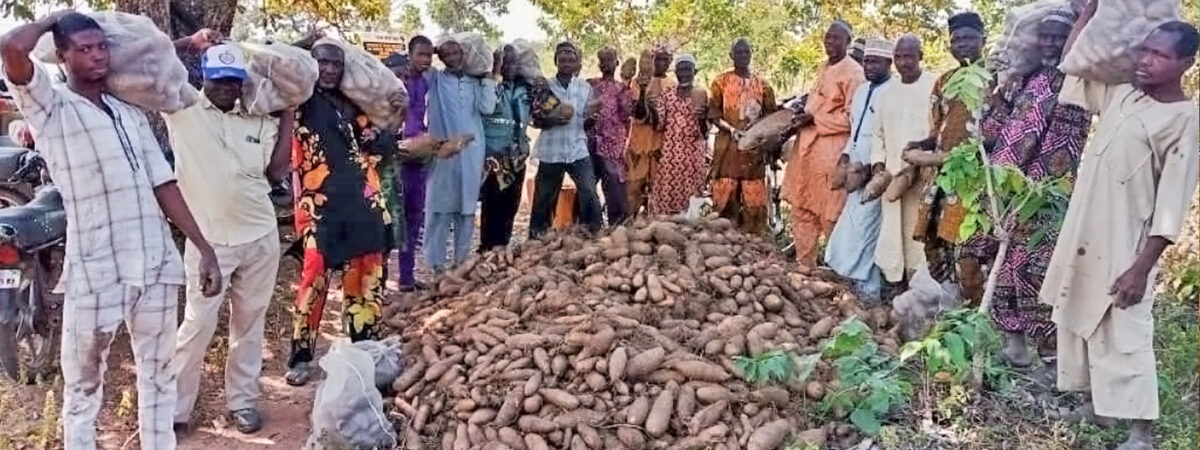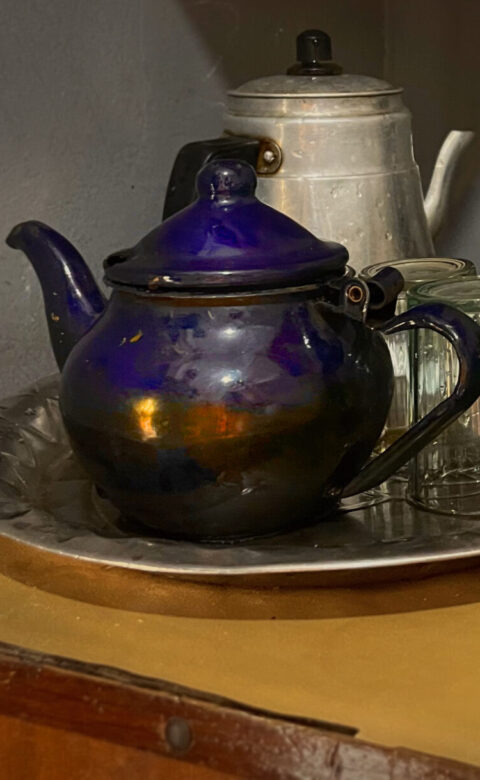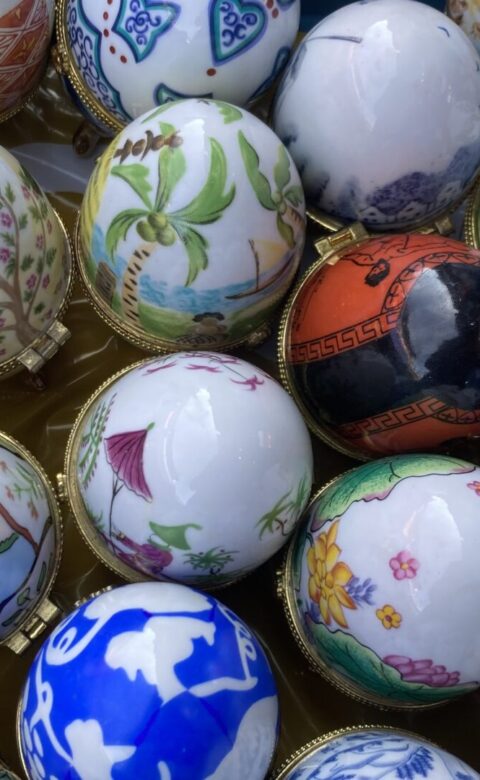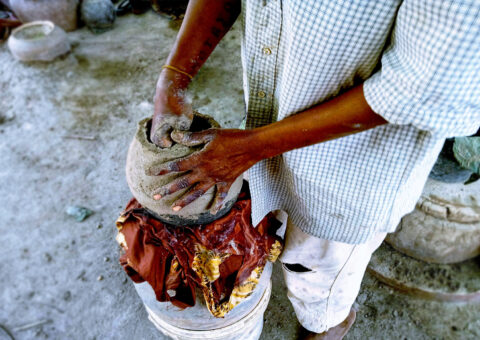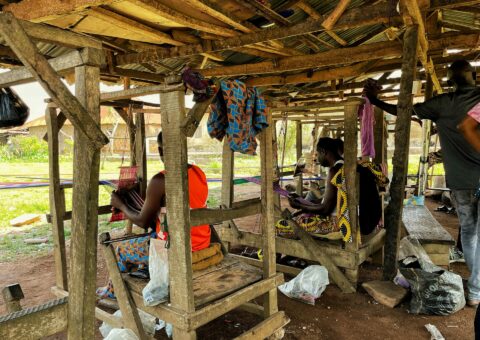“Yam, the king of crops, was a very exacting king. For three or four moons it demanded hard work and constant attention from cock-crow till the chickens went back to roost, the young tendrils were protected from earth-heat with rings of sisal leaves.” — excerpt from ‘Things Fall Apart’, by Chinua Achebe, Igbo writer from Nigeria.
For eight hours, my family and I travelled on the road from Kogi State, where we currently dwell, to Obingwa Local Government Area in Abia State, the hometown of my parents, grandparents, and ancestors. Despite how tired and stressed out my siblings and I were after the journey, we insisted on visiting the house where my mother was raised before proceeding to my father’s home place, where we stay anytime we visit. We had not been to Abia for a while, so we were quite happy to be there over the Christmas break — and looking forward to having the chance to unwind after a long and challenging year full of difficulties. Fortunately for me, it was also an opportunity to learn more about my culture.
My mother led us through the rooms of her former home, now vacant as her surviving siblings had moved away to different cities, drawn by jobs and marriages. As she showed us the cooking area, a clay cottage separate from the main house, she recalled the busyness there as meals were prepared. We continued the tour until we arrived at the space that had functioned as my grandfather’s yam barn. There she let out a nostalgic sigh as she thought about her late father, who had worked primarily with that crop as a farmer.

So I was born into a farming background. While my grandfather grew the crops, my grandma was a trader; selling some of the produce in the market while keeping the rest for their own household use. Carefully stored in the barn we had visited, the yams were both a generator of income and a reliable source of subsistence.
And since the yam plays a big part in the culture of my people, most males have a yam barn much like my grandfather’s. In Obingwa, more specifically in Umuagu (my mother’s family village), having a barn full of large, robust yams is considered a sign of riches. Owners of the barns are recognised and given a respectable seat at meetings and discussions. It is regarded as an indication of power.
The primary agricultural crop and staple meal of the Igbo people, yam — known as jii — doesn’t just represent food or profit, it’s a symbol of the viability of life. To celebrate the yam, a festival is held in early August, towards the conclusion of the rainy season and the start of the harvest. The old yams from the previous year’s crop must all be eaten before the eve of the New Yam Festival, and the fresh/new yams are consumed as part of the celebration.

Although my parents are now civil servants working with the government, farming hasn’t left our lives. At nine years old, I remember going to sow the crops while toting a bowl of grains, and also joining my parents and siblings when it was time for harvesting. Sometimes I went along grudgingly — upset at being taken away from cartoons — and at other times, I participated cheerfully as I knew there would be corn to eat during the harvest season. Over the years my family has always kept our farm in Kogi where we still cultivate edible plants including groundnuts, okra, cassava, corn, and green leafy ugu.
But even though I’ve been actively engaged in farming with my family, I’m unable to claim that I have ever planted yam myself, perhaps because it is seen as a manly or masculine duty. However, I have watched my dad sow it a couple of times.
To begin the process of yam planting, one must either use the head of the yam or acquire two small tubers. Using a hoe, a hole is dug in a large mound of loamy soil and the yam is placed inside before filling the hole back up with soil. Finally, a lightweight structure — a type of scaffold — is placed over the mound to protect the yam from sunlight and allow for easy stem growth. Yam planting processes differ from culture to culture and community to community.
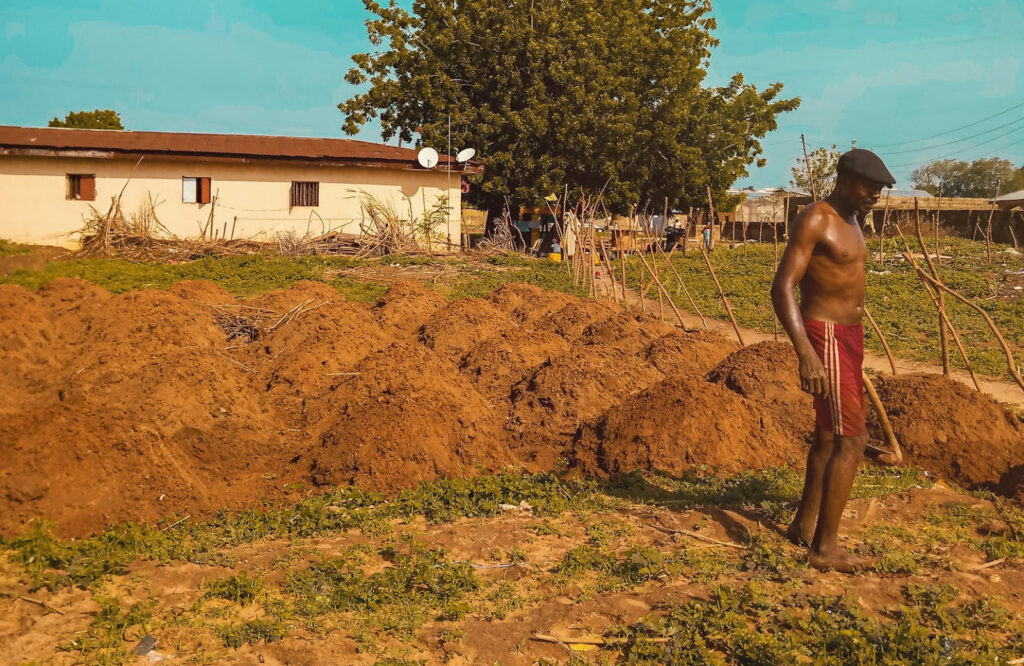
Several days after our tour of my mother’s old home, I visited an uncle on my father’s side who owns a farm where various crops are grown, including yam, where I learned more about the cultural significance of yam in ngwa-land and the Igbo culture as a whole. He told me about several mythological stories associated with the celebration of the New Yam Festival.
According to one ancient tale, the yam is the gift of Ahiajoku — the daughter of a king, she was sacrificed during a famine so that others might live. After being killed, her buried body sprouted into a yam crop that saved the starving village. This festival pays homage to Ahiajoku, with her spirit believed to have transformed into the spirit of yam.
While yam can be prepared in various ways — roasted, boiled, pounded and fried — my family prefers to eat it boiled and served with mmanu uri (red palm oil) softened a little on the fire and then garnished with ground pepper and onions. And in talking to friends, it seems that’s how most families in our culture enjoy theirs too.
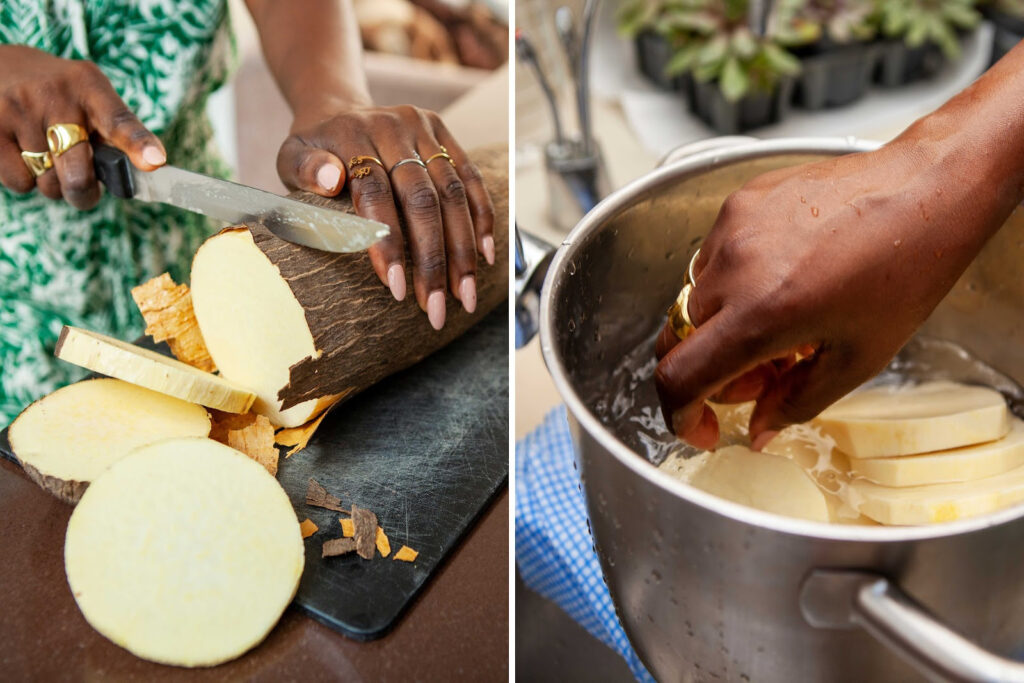
Yam also plays an important role in Igbo marriages. At a cousin’s engagement, I noticed that yam was presented more by the groom’s family than any other gift. It is a sign of respect, a form of appreciation, and a promise for a prosperous and fruitful married life. It’s also accompanied by items that represent cultural values and significance such as kola nuts, palm wine, and garden egg which is eaten with ground-up groundnut.
This presentation of yam during Igbo weddings is seen as a way of reaffirming the bond between the two families, and signifies their commitment to supporting each other in every aspect of life.
From a sign of wealth and prosperity; to part of life’s special celebrations; to a source of daily sustenance — yam’s special importance in Igbo culture and significance in Nigeria overall cannot be overemphasised.

